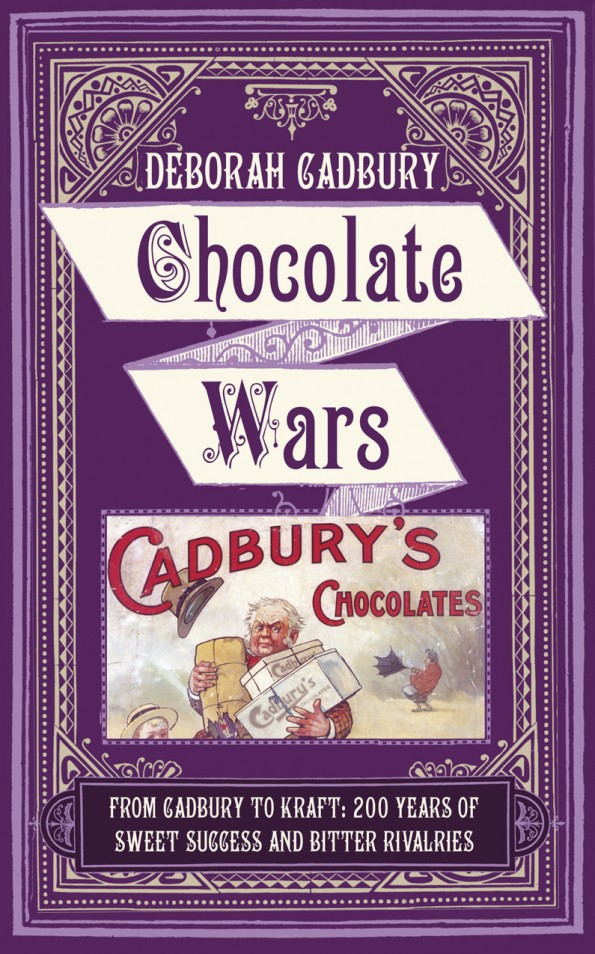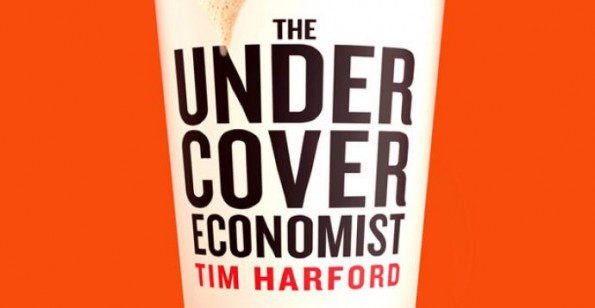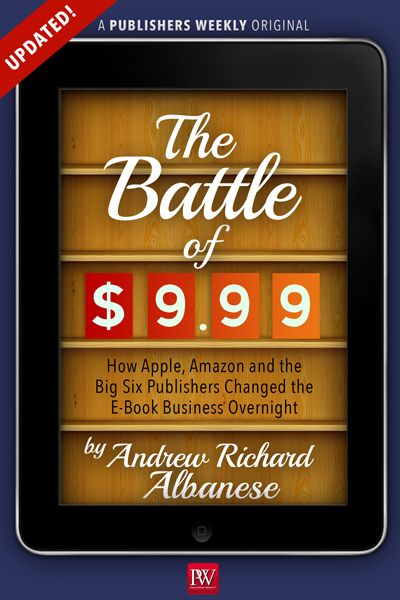Review: The Everything Store by Brad Stone
The Everything Store, by Brad Stone, is appropriately subtitled Jeff Bezos and the Age of Amazon. I understand that the veracity of the content of this book has been challenged, particularly by Amazon, and I have no way of assessing where the truth lies. With that in mind, I can only comment on the book as it stands.
The Everything Store is so named as Bezos expressed a desire to use the internet to build a store with limitless stock, where one could purchase anything. On reading this, I was immediately struck by the similarity to Harrod’s motto and goal – omnia omnibus ubique – but this is an aspect that is not discussed at all in the book, more’s the pity. I think it would have made a fascinating comparison – the modern retail behemoth and the Victorian equivalent, sharing much the same goals but approaching the problem in totally different ways. But I digress.
Stone’s book gives a comprehensive account of how the company has developed, from it’s small beginnings as a low volume book store, to it’s current world-leading status. It isn’t shy about discussing the financial difficulties Amazon has faced, and indeed still faces. It is difficult to turn a profit on narrow margins, and even more so when one is selling below cost price. It also doesn’t shy away from discussing some of the questionable ethics employed by Amazon, and appears to do so in an even handed manner that is genuinely enlightening.
One particularly good example is the discussion of Bezos’s simultaneous exploitation of and protest against patent law. A lesser author would present this as rank hypocrisy; Stone presents the facts and explains Bezos’s motivation as he understands it. He then allows the reader to determine whether Bezos is acting with reprehensible hypocrisy, or acting in the most logical way possible given the circumstances. I still haven’t quite made up my mind.
The book also gives a comprehensive pen portrait of Bezos as an individual. He is clearly exceptionally driven, possibly to the point of fault, much like his CEO contemporary Steve Jobs. By the end of the book, I was a little tired of reading descriptions of his laugh, but perhaps it is such a dominant feature of his personality that it bears repeating ad nauseam.
To my mind, the book fell down a little when discussing contemporaries and other Amazon executives. The balance between detail and length doesn’t feel quite right in these passages. We are told about many of their childhoods, for example, even though they play a relatively minor role in the story. It feels as though Stone wants to share the detailed background research he has done, rather than concentrating on crafting the broader story and characterisation.
I also found the timeline difficult to follow in some passages. Stone will often abberate from the main timeline to tell the story of how a particular feature or policy developed over time. This means that there is a fair amount of jumping around, and if one doesn’t fully concentrate, it’s easy to get lost.
Overall, though, I thoroughly enjoyed this book. It was engaging, balanced, and informative. The story is told with a degree of page-turning drive that isn’t typical of business books. I’d highly recommend it.


The Everything Store is available now from amazon.co.uk in hardback and on Kindle.
Shortly after publication, this post will also appear on Medium, Goodreads, Amazon and smattering of other places too. Recycling is good for the planet.
This post was filed under: Book Reviews, Brad Stone.




